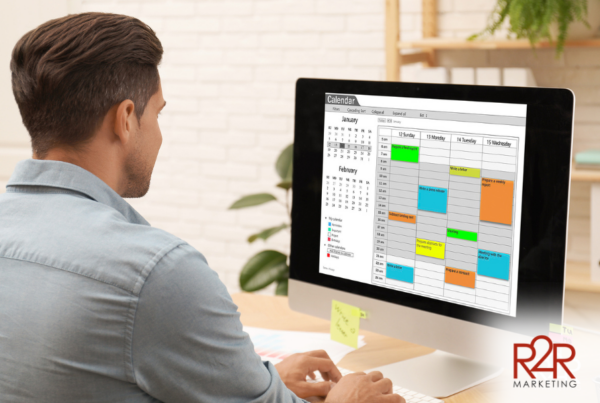Every successful business has a plan. It may not be formalized and structured into a document recognizable by a banker, but it’s there. A business plan is a roadmap for bringing the vision and mission to life. It identifies the products and services, the target markets, and the strategies for converting items or time into money, among other things.
But a plan has limitations – it’s a prediction of what the business leaders want to happen, or predict will happen. It’s a guestimate, influenced by outside factors – the economy, a global pandemic, interest rates, supply chains, material costs, etc. Good plans have contingencies to help mitigate the unexpected – contracts that address material cost increases, for example. Really good plans have backup plans built-in.
These include options to veer in a different direction, plans to add staff or locations to support growth, along with how to handle scenarios when sales take a dive or you lose your best customer or supplier. How do you develop a good backup plan? Here are a few suggestions:
Develop a list of likely positive and negative scenarios: Losing a trusted employee; problems with supply chains; a sudden increase in leads or opportunities.
List a few bullets of ideas on how to handle each scenario: For example, losing a trusted employee may include items like promoting from within or using a temp service or contract employee while you recruit.
Next, expand those bullets into proactive and reactive plans: Using our example, can you develop a bench of potential hires or freelancers so you can quickly react to staff changes? Do you have hiring announcements already prepared so you’re not starting from scratch when someone gives their notice?
Finally, take steps so your backup plans are ready to spring into action if needed: Maybe you decide to secure a line of credit, so it’s there if you need it in the future. Or create accounts and make some test purchases from backup suppliers or vendors, so you already have a relationship if you need them.
Having a backup plan is more than an idea – the best backup plans are actionable on short notice and based on helping you survive short-term emergencies, or making long-term changes to your business operations. If nothing else, going through a backup plan exercise every year can refocus attention on your current business operations, and often lead to improvements, even if the backup is never needed.





